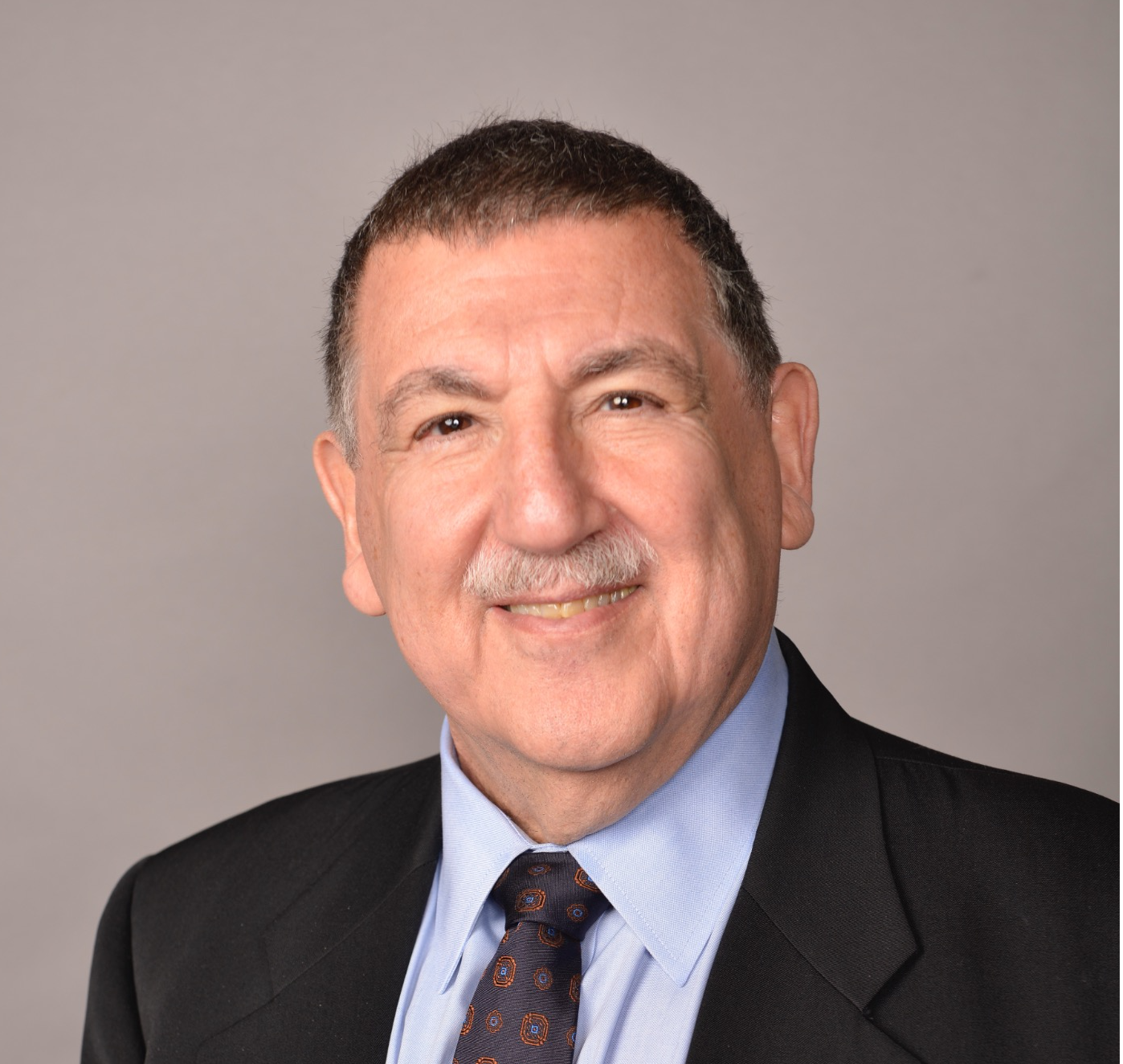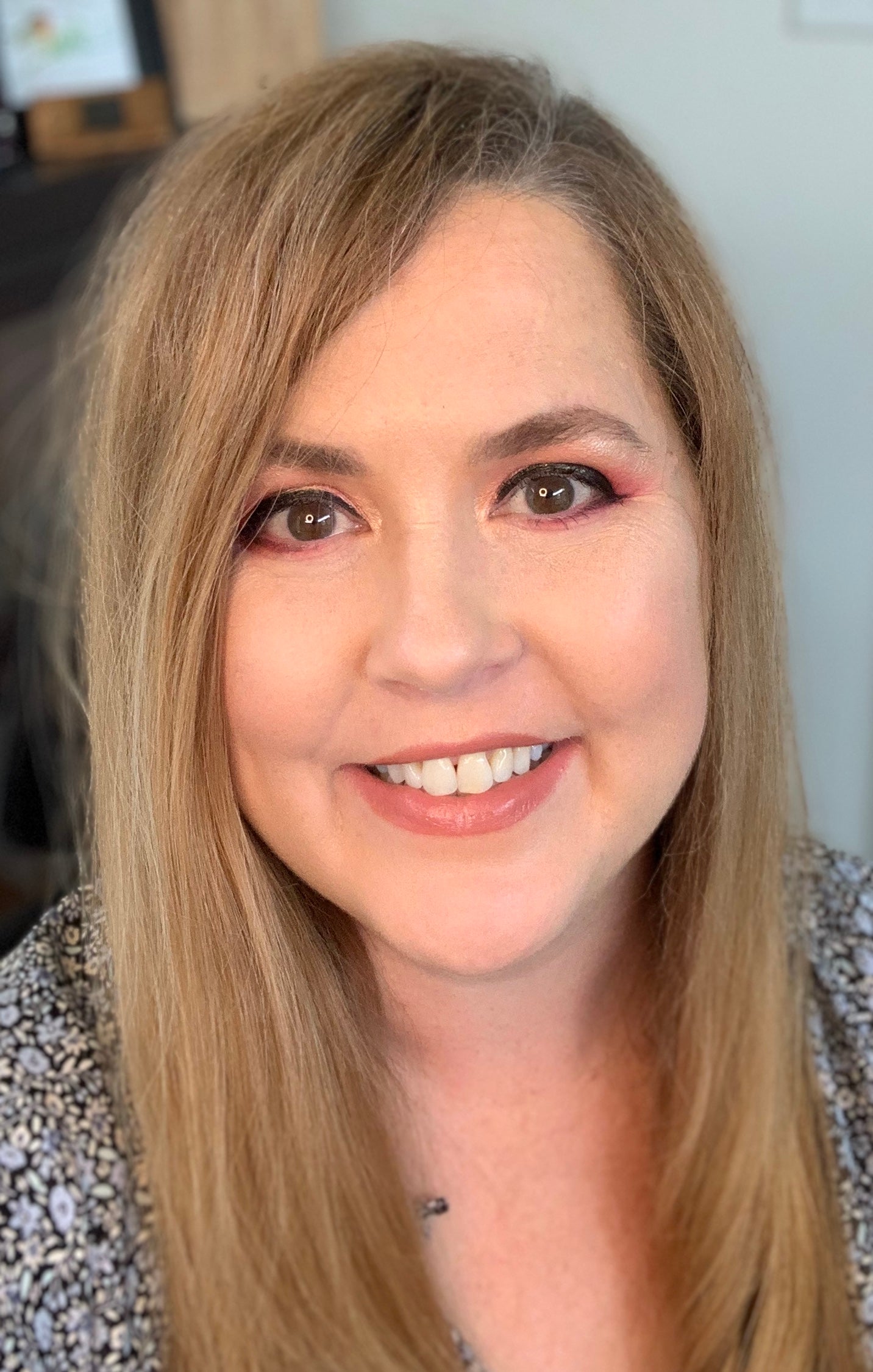Therapist Paula Carino describes Donald Trump’s presence in the lives of her clients as “an ambient sinister fuzz.”
The returning president’s unique ability to dominate the airwaves and invade the headspace of the country has been a daily torment to his detractors for years, whether through his screaming tweets, rambling press conferences or occasional threats to democracy. And as he returns to the White House for his second term, therapists across the country are hearing about it.
“He’s very triggering for people,” Carino, who is based in Brooklyn, tells The Independent. “Just his personality, his unpredictability, too. The fact that you never know what he’s gonna say and you never know what he’s gonna do. He creates the sense of lack of safety, and safety is so important in mental health.”
Carino is noticing a rise in anxiety among her clients, who are often millennial women, ahead of Trump’s return — something that goes beyond the usual political worry.
“There’s a lot of activist burnout and compassion fatigue, people who are just like, ‘oh my god, I was so fired up back in 2016 and I don’t know if I have it in me anymore,” she says.
Trump’s return is of particular concern for communities on the receiving end of his most extreme policies, says Dr Jack Drescher, a clinical professor of psychiatry at Columbia University, who specializes in gender and LGBTQ issues. Many of his clients are increasingly anxious about anti-trans legislation being pushed by Republicans and the threat to gay marriage.
“Absolutely every educated gay person understands that attacks on transgender people are really subtle attacks on gay, lesbian, bisexual people,” says Drescher, who has a private practice in New York. “It feels like the intensity of anxiety is higher, and people are looking into passports in other countries.”

That same worry was there in 2016, but the political environment this time — with a more conservative Supreme Court that overturned Roe v Wade, and both Houses of Congress being Republican — has made things worse.
The same is true for Carino’s clients, many of whom feel deeply affected by Trump’s attacks on reproductive rights, and the threat of more to come. She describes the sudden removal of the national right to abortion as “an existential unraveling of the fabric of reality” for many women.
“There is just this disgust and horror and fear, certainly for the younger women who are still in the reproductive years, about their rights being taken away,” Carino says. “The idea that they might not be able to buy birth control anymore, and that their periods are being tracked and things like that, it’s scary and angering.”
Political anxieties are not unusual, but Drescher says Trump’s unique personality and governing style exacerbate those concerns.
“Polarization heightens anxiety,” he says. “Part of it has to do with the nature of discourse that’s going on, which is quite aggressive. It doesn’t seem to be easy to find conciliatory language or to talk with people one disagrees with.”

Elizabeth Hinkle, a therapist licensed in Virginia, Kansas and Washington State, says the existential threat that Trump presents to many people makes him hard to escape.
“Therapy is political because everything is political when a few select people in power are making decisions for all, that impact, at the very basic level, their health, bodies, and wellbeing,” she says.
Plus, it’s not just which policies Trump implements that upsets people — it’s what he can get away with.
“Clients have expressed confusion, anger, and dismay about how a convicted criminal who has used power to hurt others could be a president,” Hinkle says.
So how do you solve a problem like Trump? The usual advice therapists give to their clients stressed about the world is avoiding the news, but that’s easier said than done with an all-encompassing presence like Trump.
“He’s very good at attention seeking. That’s not a diagnosis, it’s just a behavior that’s easily observable,” Drescher says. “He does seem to understand the leverage he has in terms of having his voice magnified by the media, which is interested in everything he says.”
But Drescher still says switching off is vital.

“I give patients the same advice I follow myself, which is: don’t watch TV news. It’s really about entertainment. It’s actually designed to make you anxious so that you’ll come back for more,” he says.
Carino counsels her clients to look beyond their internal anxieties and recognize that they are not alone.
“There has been a real shift in the therapeutic community from an individualized way of looking at things — like, what’s wrong with you? —to really accepting the fact that, yeah, society is coming apart, and we really need to deal with this. It’s not all in your head,” she says.
“A lot of the healing about this topic comes in community. He and his billionaire cronies are trying to tear apart communities and to be connected, to feel connected with other people, is really important right now,” she adds.
Listening and validating people’s emotions and experiences is crucial, Hinkle says, who also advises clients to identify areas of their lives where they can exert control.
Carino adds that it will take time for people to bounce back.
“Some of the burnout and some of the exhaustion is kind of a call to grieve,” she says. “To just say, wow, this really sucks. Because it’s a loss. It really is a loss.”





